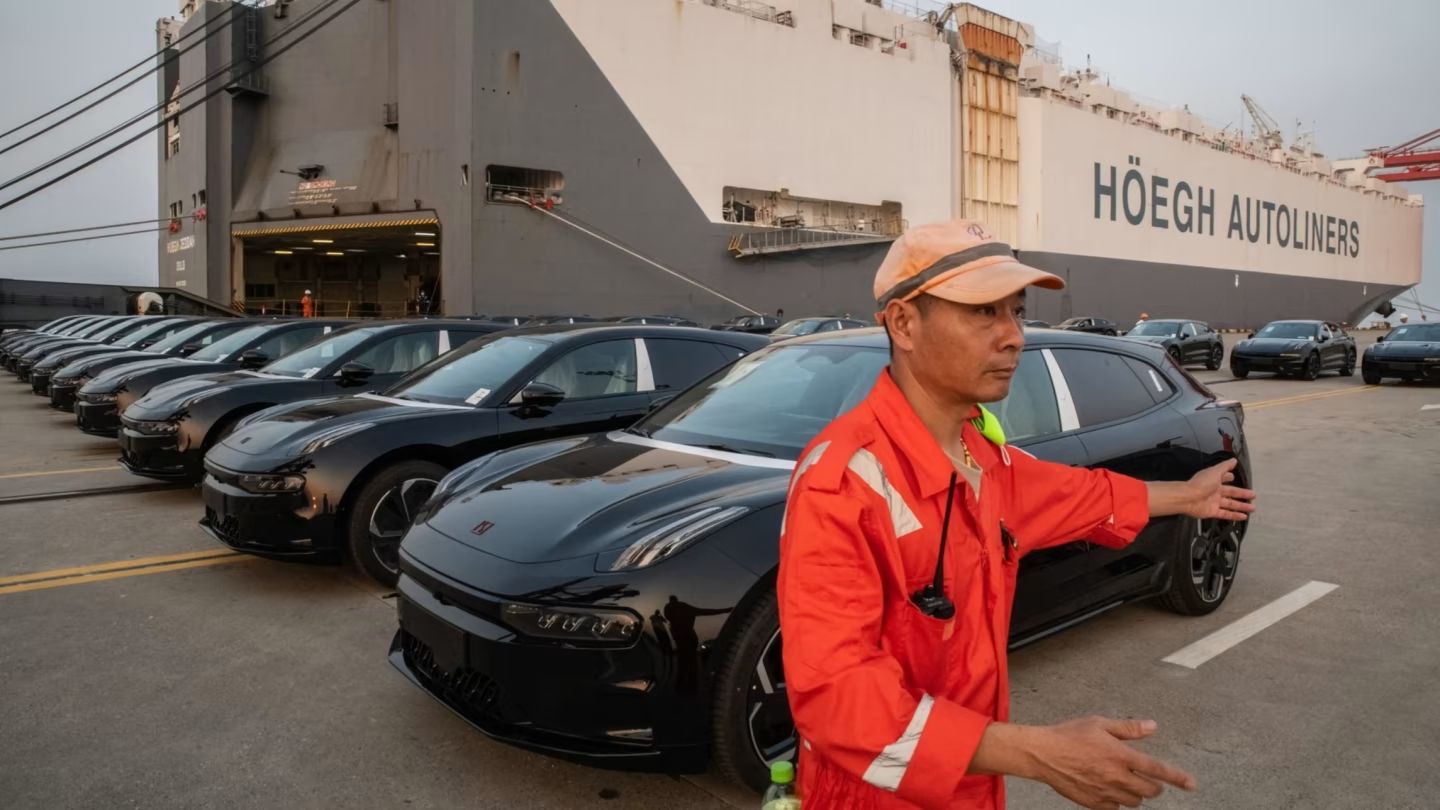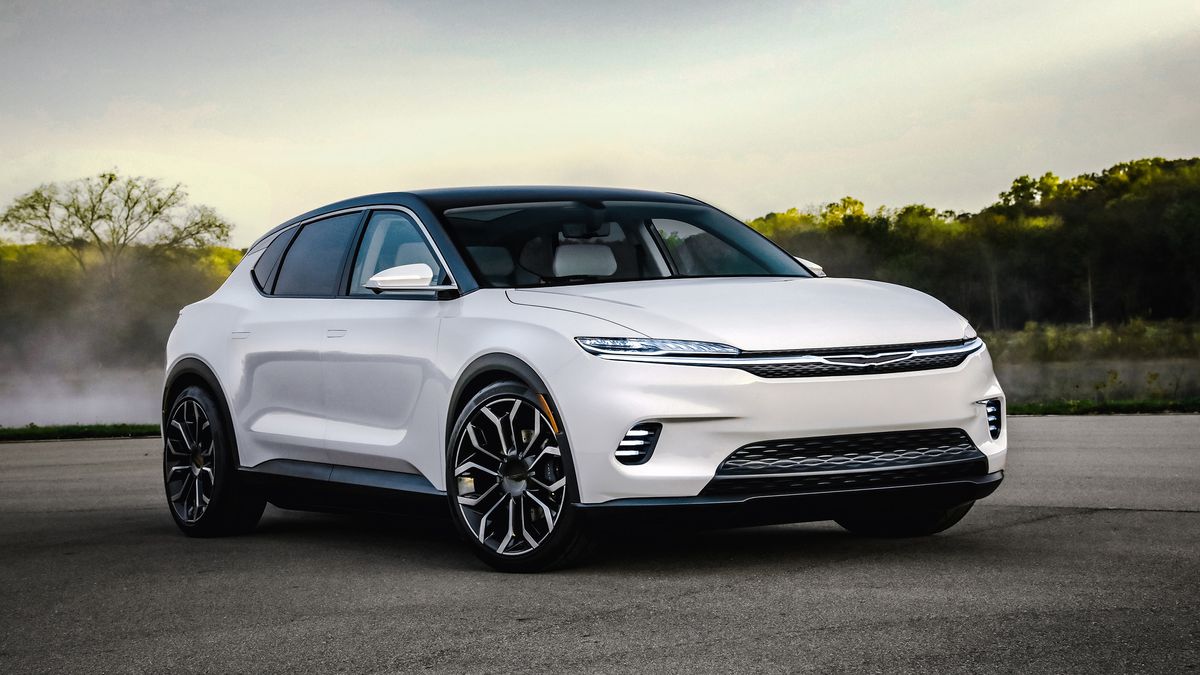The United States and China continue to lock horns in their ongoing technological rivalry, with the latest battleground being the electric vehicle (EV) battery sector. The US government has proposed new rules that would restrict tax credits for EV buyers if their vehicles contain battery materials sourced from China or other nations deemed “hostile” to the US. This move aims to reduce the US’s dependence on China’s supply chains, but it has sparked a heated response from China’s Ministry of Commerce, which claims the rules discriminate against Chinese companies and violate World Trade Organization (WTO) regulations.
Key Takeaway
The US and China are now embroiled in a tech war over the dominance of EV batteries. The US government’s proposed rules to restrict tax credits for EV buyers using Chinese battery materials have sparked disagreements and accusations of discrimination from China. With China leading the sector and the US aiming to reduce dependence on Chinese supply chains, other players like South Korean battery makers stand to benefit from the escalating tensions. However, challenges remain, and Chinese battery firms are actively seeking to set up manufacturing facilities in the US to maintain their cost advantage and access tax benefits.
US Tax Credit Restrictions
In a bid to boost domestic EV production and reduce greenhouse gas emissions, President Joe Biden’s climate law allows consumers to claim up to $7,500 in subsidies for purchasing EVs made in the US using predominantly domestic materials. However, the proposed rules from the Departments of Treasury and Energy seek to exclude Chinese suppliers from accessing these tax benefits. While the move aligns with the US’s broader decoupling strategy, it could hinder Biden’s efforts to drive EV sales and cut emissions.
China’s Dominance in the EV Battery Market
China has emerged as a global leader in the EV battery sector, with companies like CATL and BYD dominating battery production. Together, these two Chinese giants accounted for approximately 53% of global EV battery usage in the first ten months of this year. Additionally, China is currently the world’s largest EV market, holding a 58% share, followed by the US and Germany.
Opportunities for South Korean Battery Makers
As the US-China tech war escalates, it presents opportunities for other battery manufacturers to fill the gap. South Korean companies like LG, Samsung, and SK On provide competitive alternatives to China’s batteries and are likely to benefit from souring relations between the US and China. However, even these Korean firms face challenges due to the increasing geopolitical complications.
One example is SK Group’s battery arm, SK On, which has been selected by both Ford and Hyundai to set up battery plants in the US. However, SK Group President Chey Tae-won has criticized the US for keeping battery costs high. As a result, SK On is now exploring options outside China for sourcing non-Chinese materials, as China currently dominates the global EV battery supply chain, from mining rare minerals to refining and cell production.
Chinese Battery Firms Setting Up US Factories
To maintain their cost advantage and qualify for the EV tax credit, Chinese battery manufacturers are actively seeking to establish factories in the US. Companies like Gotion, BYD, and CATL have strategic plans to manufacture in America, although they face obstacles. For example, Ford has temporarily halted its plan to build a $3.5 billion EV battery factory with CATL in Michigan as US politicians scrutinize the partnership with the Chinese firm.

























